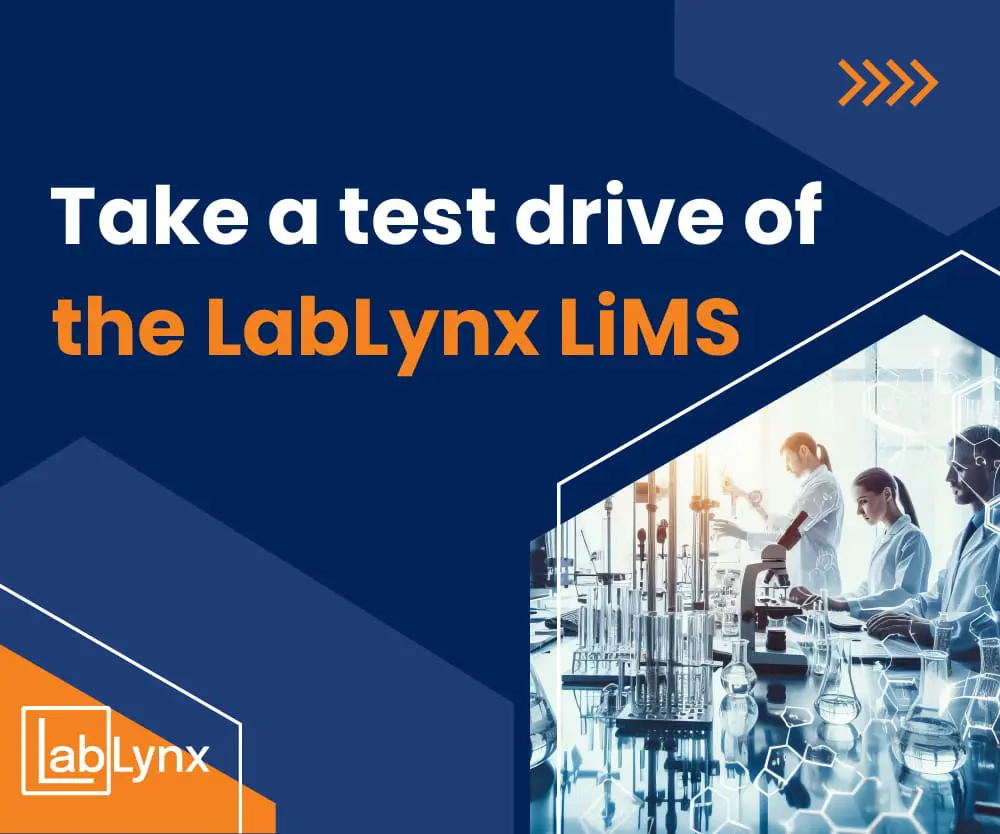Empowering Consumer Goods Labs: The Essential Role of LIMS in Quality Assurance
In the fast-paced world of consumer goods manufacturing, maintaining consistent product quality and ensuring regulatory compliance are non-negotiable. This is where Laboratory Information Management Systems (LIMS) step in as a game-changer for consumer goods labs. LIMS empowers these labs to streamline processes, enhance data integrity, and ultimately deliver safe, high-quality products to consumers. In this comprehensive guide, we’ll explore the pivotal role of LIMS in consumer goods labs, from raw material testing to final product release.
Understanding the Consumer Goods Landscape
The consumer goods industry encompasses a vast array of products, including food and beverages, cosmetics, personal care items, household cleaners, and more. Each product category comes with its own unique set of quality standards and regulatory requirements. Consumer goods labs play a crucial role in verifying that products meet these standards, ensuring safety and consumer satisfaction.
The Challenges Faced by Consumer Goods Labs
- High Sample Volume and Complexity: Consumer goods labs often deal with a large influx of samples, each requiring various tests and analyses. Managing this volume efficiently can be overwhelming without a robust system in place.
- Stringent Regulatory Requirements: The consumer goods industry is heavily regulated, with agencies like the FDA, USDA, and EPA setting stringent standards for product safety and labeling. Labs must adhere to these regulations to avoid costly recalls and legal repercussions.
- Data Integrity and Traceability: Maintaining accurate and traceable records of test results, raw materials, and production batches is crucial for quality control and auditing purposes. Manual data management increases the risk of errors and discrepancies.
- Time-to-Market Pressures: Consumers demand new and innovative products, putting pressure on manufacturers to accelerate product development and release. Labs need to keep pace with these demands without compromising quality.
How LIMS Transforms Consumer Goods Labs
- Streamlined Sample Management: LIMS automates sample registration, labeling, tracking, and storage, eliminating manual errors and ensuring sample integrity throughout the testing process.
- Automated Workflows: LIMS digitizes and automates standard operating procedures (SOPs), ensuring consistent execution of tests, reducing human error, and accelerating turnaround times.
- Centralized Data Repository: All test results, raw data, and associated metadata are stored in a centralized database, making it easy to access, analyze, and report on data.
- Enhanced Data Integrity: LIMS enforces data entry rules, performs automatic calculations, and maintains audit trails, ensuring data accuracy and traceability.
- Regulatory Compliance: LIMS helps labs meet regulatory requirements by generating standardized reports, maintaining electronic signatures, and ensuring adherence to good laboratory practices (GLP).
- Efficient Resource Management: LIMS optimizes the allocation of instruments, reagents, and personnel, minimizing downtime and maximizing productivity.
- Real-time Data Insights: LIMS dashboards and reporting tools provide real-time visibility into lab operations, allowing managers to identify bottlenecks, track trends, and make data-driven decisions.
- Improved Collaboration: LIMS facilitates communication and collaboration between lab technicians, quality control teams, and other stakeholders, ensuring everyone is on the same page.
Specific LIMS Applications for Consumer Goods Labs
- Food and Beverage Testing: LIMS helps food labs manage nutritional analysis, allergen testing, microbial testing, and more, ensuring food safety and quality.
- Cosmetics and Personal Care Testing: LIMS streamlines testing for product stability, microbial contamination, and ingredient safety, complying with regulations like EU Cosmetics Regulation.
- Household Product Testing: LIMS manages testing for cleaning products, detergents, and other household items, ensuring efficacy and safety.
- Environmental Monitoring: LIMS helps labs monitor environmental parameters in manufacturing facilities, ensuring compliance with environmental regulations.
Choosing the Right LIMS for Your Consumer Goods Lab
When selecting a LIMS, consider the following factors:
- Industry-Specific Features: Opt for a LIMS tailored to the consumer goods industry, with built-in workflows and templates for common tests and analyses.
- Scalability: Choose a LIMS that can grow with your lab, accommodating increased sample volumes and new product lines.
- Ease of Use: Look for a user-friendly interface that requires minimal training and allows for quick adoption by lab staff.
- Integration Capabilities: Ensure the LIMS can integrate with your existing lab instruments and software systems for seamless data exchange.
Conclusion
LIMS is no longer a luxury but a necessity for consumer goods labs. By automating processes, ensuring data integrity, and streamlining operations, LIMS enables labs to meet the stringent demands of the industry while delivering safe and high-quality products to consumers. Investing in a LIMS tailored to your lab’s unique needs is an investment in the future of your business and the satisfaction of your customers.

